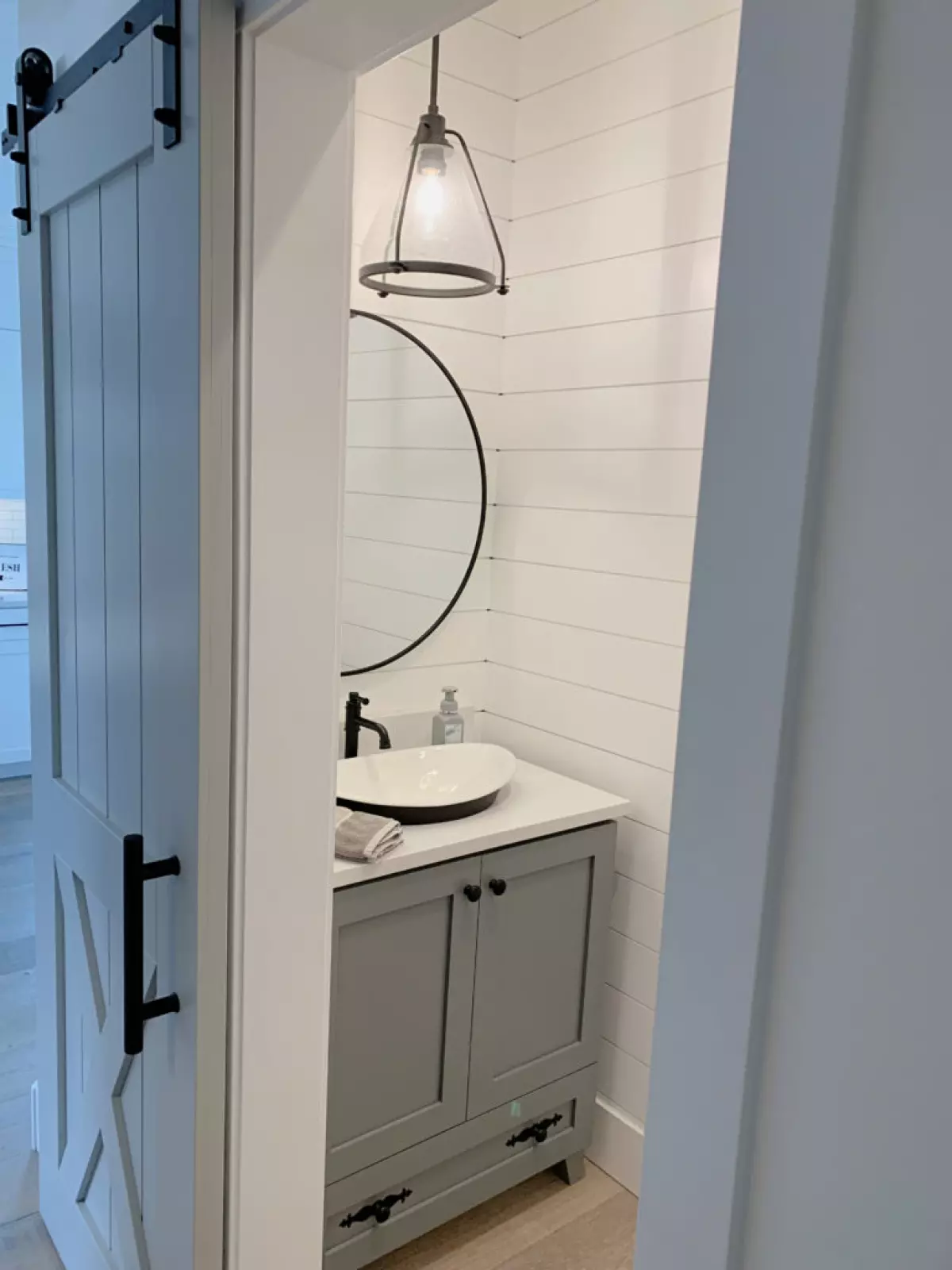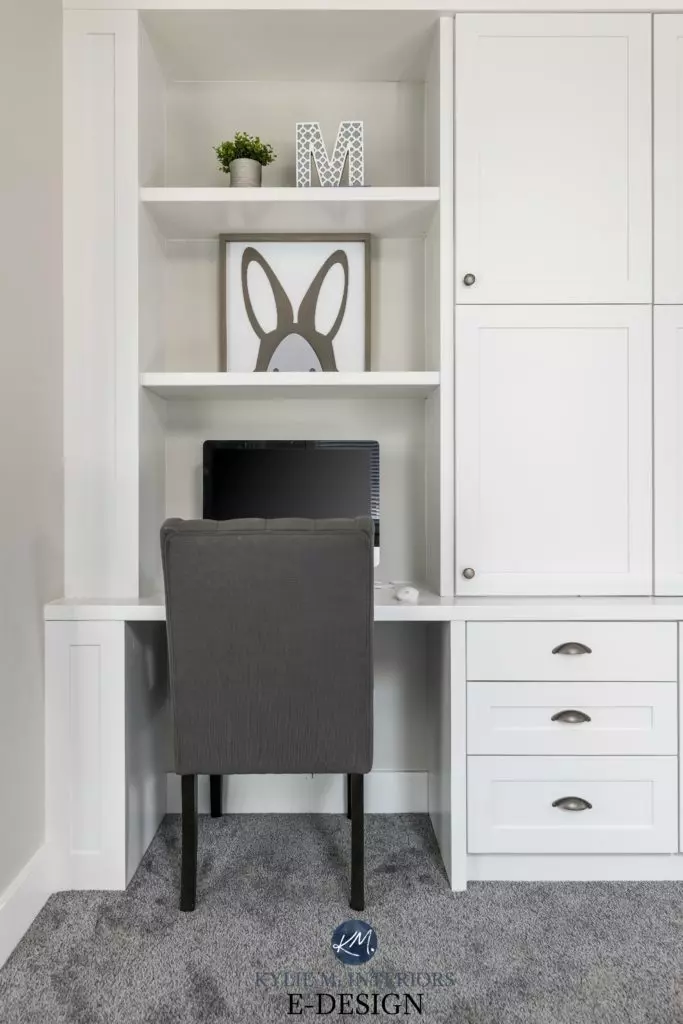When it comes to choosing the best shade of white for your walls, cabinets, trims, and ceilings, your personal preferences come last. There are more important factors to consider that will ensure your home looks its best. In this ultimate guide, we'll explore the different types of white paint colors, the undertones in white paint, and how to choose a white paint color that suits your interior finishes, room's exposure, and personal tastes.
Why Interior Finishes Matter
Your interior finishes play a crucial role in determining the best white paint color for your space. If your paint colors don't coordinate with your finishes, your home won't look well-coordinated. For example, if you choose a warm white paint for your cabinets but the countertop and backsplash clash with it, your home will look mismatched. It's important to let your interior finishes guide your choice of white paint color.
 Sherwin Williams High Reflective White
Sherwin Williams High Reflective White
Consider Your Home's Existing Palette
If your home already has a consistent white color palette, especially for trims and cabinets, it's best to repeat that white to avoid a clash of whites that can result in an uncoordinated look.
The Impact of Room Exposure
The exposure of your room, whether it's north-facing, south-facing, or has a different orientation, can significantly affect how a white paint color appears. Northern light tends to be cool and gray, so cool whites may suit these spaces well. Southern light is warm and yellow, making warm whites a good choice. Eastern and western exposures experience drastic changes in light throughout the day, so it's best to choose soft warm whites or bright warm whites to counterbalance the different lighting conditions.
Personal Tastes - Putting Your Home First
While personal tastes are important, it's crucial to prioritize your home's needs when choosing a white paint color. It's possible to find a white that both you and your home love, but if your personal preference doesn't align with your interior finishes, it's best to go with what suits your home. Remember, you're choosing paint colors for the home you have, not the home you wish you had.
 Sherwin Williams High Reflective White
Sherwin Williams High Reflective White
Should You Use Different Shades of White?
Mixing and matching different shades of white is not recommended. It can result in clashing undertones and a lack of cohesion in your space. Instead, choose one white paint color that suits your interior finishes and use it consistently throughout your home for a coordinated look.
The Five Types of White Paint Colors
Understanding the different types of white paint colors can help you select the best one for your space. The five types include warm white, cool white, bright white (which can be warm or cool), soft white (which can be warm or cool), and true white. Each type has its own undertones and suitability for different interior finishes.
The Best White Paint Colors for Every Room
To help you narrow down your options, here are some popular white paint colors that work well for different spaces:
- Warm but muted whites: Benjamin Moore Cloud White, Benjamin Moore White Dove, Benjamin Moore Swiss Coffee, Sherwin Williams Alabaster
- True whites: Benjamin Moore Chantilly Lace
- Cool whites: Benjamin Moore Super White, Benjamin Moore Decorators White
Remember to consider your home's needs, interior finishes, and room exposure when choosing the best white paint color.

By following these guidelines and considering the important factors mentioned, you'll be able to choose the perfect white paint color for your home. Let your home be your guide and create a beautifully coordinated and harmonious space with the right white paint color.












